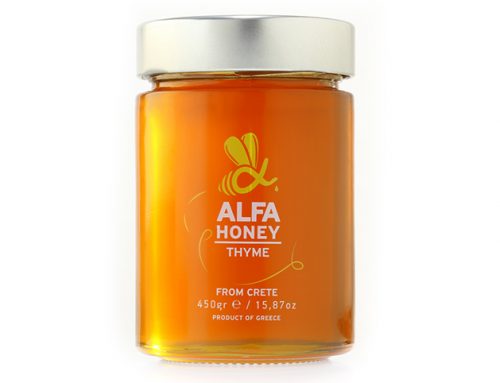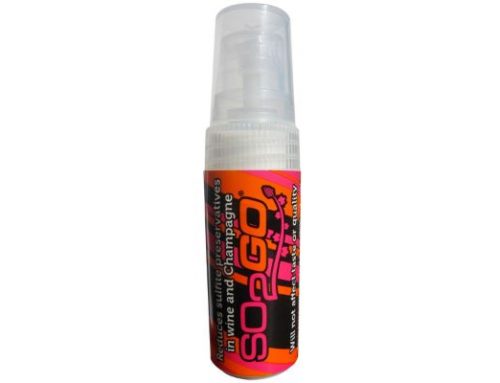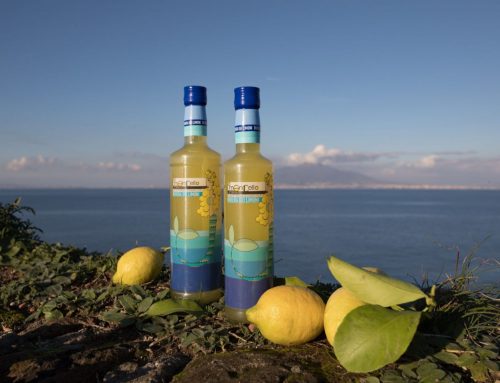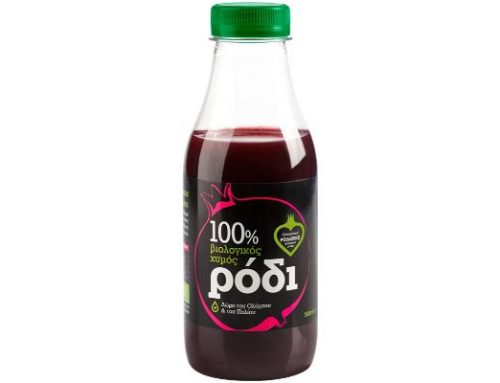Seas cover almost 75% of the Earth’s surface. A prime example of this analogy is Greece’s landscape. With an expanse of 131.957 square km and a coastline of 14.800 km, Greek seas extend to thrice that amount. Sea is therefore the legacy of Greece and the country’s trademark, an integral part of the nation’s essence.
Other than fishing in the Mediterranean basin, which goes back for many millenia, the onset of aquaculture in Greece can be traced back at least in the 5th century BC, meaning that it is then recorded in archaeological finds for the first time.
Entering a new age
Modern fish farming started in the 1980s with seabass and seabream farming, following a breakthrough in the life-cycle of these species. The sector adopted case farming technology from the salmon industry. Since its inception, significant research, mainly in the fields of reproduction, larval culture, feed manufacturing and engineering technology progressively supported larger scale operations. As a result, during the last 25 years this particular sector has undergone an explosion of growth, having increased a hundredfold.
Mediterranean fish farming focuses on the popular carnivorous finfish species with either a low production volume from capture fisheries or from over-fishing stocks, such as seabass and seabream. Although they make up for 95% of total production, the cultivation of new similar species (meagre, dentex, red porgy, sharpsnout seabream e.a.) starts to gain ground. The main producer country is Greece, maintaining a share of approximately 40% of the world production!
Economic pylon
The Greek fish farming sector and its significant development have resulted in remarkable results not only regarding the production of domestic fresh, cheap and high quality fish, but also the creation of a socio-economic structure that directly and indirectly involves thousands of employees, particularly in the fisheries-dependent areas of the region. In addition, mariculture is the only productive activity that has colonized uninhabited islands and rock-islands which are normally excluded from other forms of investment.
Doing its name justice
It was back in 1995 that the company “Select Fish” was established, which stands now as one of the largest companies of its kind in Greece. Dimosthenis Georgopoulos made his vision a reality by creating one integrated unit for the distribution and process of fish products. As they say, “the modern requirements, but most of all the response and confidence that customers show to “Select Fish” products, drives us to always offer quality products at competitive prices, with responsibility and consistency.”
Their message has been heard loud and clear throughout the global market, which accounts for the fact that its main products of aquaculture sea bream, sea bass and salmon are being exported to USA and Germany, after having conquered Greece’s domestic market.





